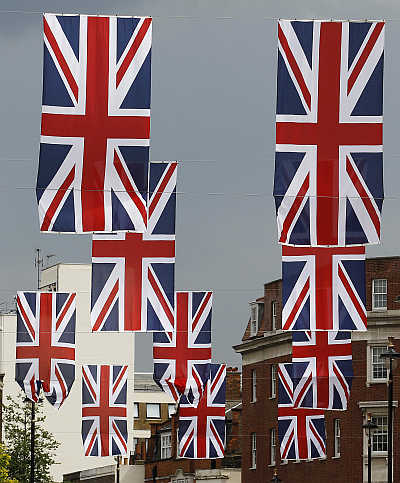
It now appears from press reports that London wants to go ahead with demanding from an unspecified range of Indian visitors to the UK a £3000-bond (around Rs 275,000), as surety that the visitor will leave their country, and not become an illegal migrant.
India belongs to a charmed circle that includes Bangladesh, Ghana, Nigeria, Pakistan and Sri Lanka. It is not clear what category of Indian visa applicants will face this novel hurdle. Striking a note of menace, a British announcement declares that this provision may be applied to all visitors from any country. We await details on this move.
...

A country has a sovereign right on whom to admit or exclude from its borders. No international law exists on the conditions that a country may lay down. Countries have applied all manner of controls and restrictions in recent times.
Remember the “virginity tests” that were carried out some decades back on women from South Asia travelling to Britain to marry? During and after the 1980s, illegal migrants from Asia and Africa, most of them attempting to use the “political asylum” loophole, have flooded much of Europe. That has hardened attitudes in most Western countries and led to actions that in effect trample upon the human rights of these migrants.
...
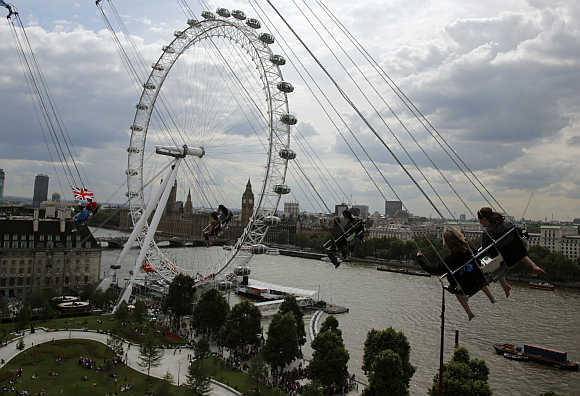
Alas, rather few in the West are bothered about this, even though a few of their non-governmental organisations have spoken out. Simply put, a tough stance on curbing migration is good politics in Europe in what has become now an anti-foreigner climate.
Consider the facts behind the British move. There are no figures on the number from India or the other countries that have misused visitor or other visas, or stayed back in that country.
...
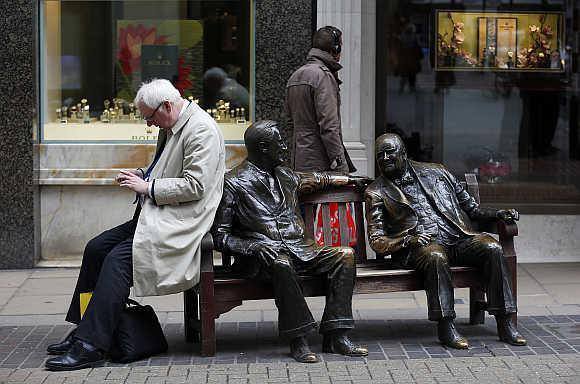
Without that, all they have is inchoate suspicion. It would be fair to assume that within the UK establishment, there exist divided views, and it is the domestic policy lobby, especially the Home Office, rather akin to our Home Ministry, as also their “Border Agency” that sometimes appears kindred to Homeland Security in the US, that is calling the shots.
Such agencies are well attuned to political mileage and the impact of their actions on domestic anti-foreigner sentiment. How will the bond work? Travel agents anticipate, according to press reports that application might be discretionary, and may apply to “high-risk” visitors. Authoritative information is awaited.
...
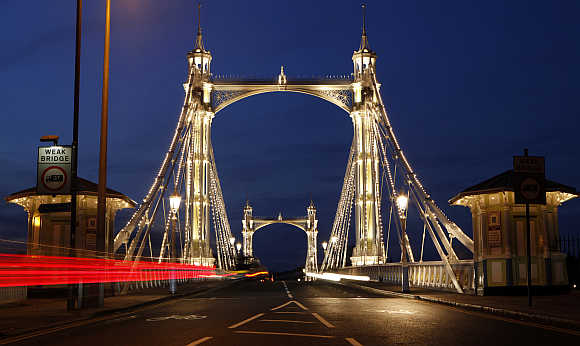
One hopes that New Delhi will not respond with hand-wringing, or pointless appeals for a review of this proposal, even while business chambers are within their rights to point to negative impact on bilateral business.
Rather, we should think through this issue and prepare our reciprocal measures, even though this may go against the grain. Depending on the manner in which the proposed bonds impact on Indian visa seekers, we should impose something like a Rs 3-lakh bond on British visitors to India, on a proportionate and matching basis, i.e. in terms of the percentage of Indian visitors to the UK affected.
...
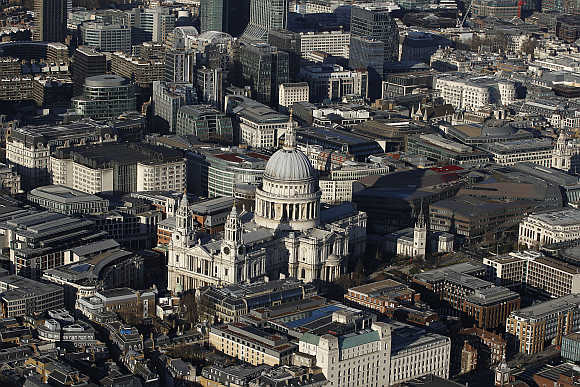
Let us leave out UK citizens of Indian origin from this counter-move. Would that be racist? No more than the British move towards Indians. While doing this, we might also take a close look at the wider dimension of visa diplomacy. The majority of Western countries exchange visa exemptions among themselves; they also receive unilateral concessions from many other states.
A European can travel across much of the world without a visa. A British company, Henley and Partners, offers on the internet a global “visa restrictions index” showing the number of countries citizens of different countries can visit without a visa.
...
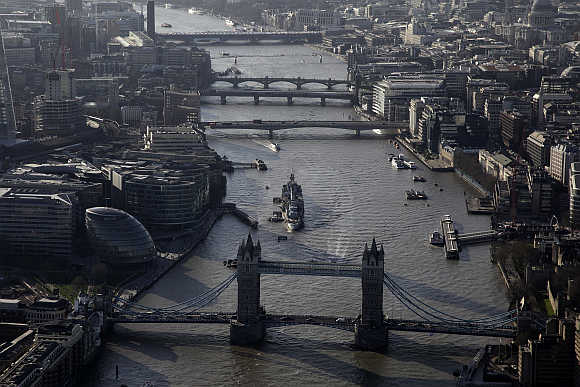
The 2012 index ranks India at joint 82nd position (with Morocco and Uzbekistan); Indians can now go to 51 countries visa-free (an improvement over the 2008 figure of 37). Denmark, Finland, Germany, Sweden, Belgium, France, the Netherlands, and UK are in the 169 to 167-country range. US citizens can “only” go to 166 countries without visas.
This happy situation inures the West from understanding the travails that many other travellers face. Then there is the cost. Western countries, including the UK, assert that their visa fees are set on the basis of cost of service delivery. This is one area in which India applies reciprocity, and earns a good bit of money in the process (which goes into the Consolidated Fund at the finance ministry).
...
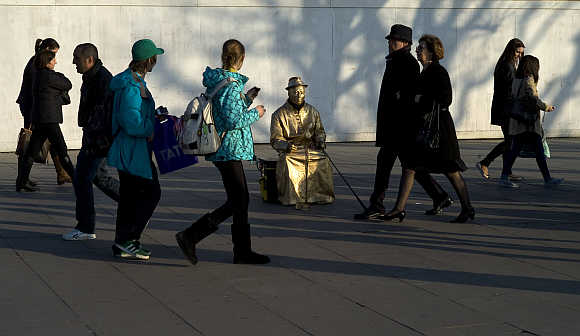
Some Western fees are exorbitant, like the £600 charged for an urgent British visa delivered in one day, a “concession” announced during Prime Minister David Cameron’s India visit in February 2013. One wonders if we now apply matching charges for similar urgent visa issue.
The cost of visa services is borne by citizens, both Indians, and the foreigners who travel to India. The pervasive threat of undocumented migration, and terrorism, has meant that the countries that gave Indians visa free entry right up to the 1970s, Canada and Germany among them, ended those agreements.
Today India has no agreements of this nature under negotiation with any significant destination country. We are, thus, stuck with systems that produce delay and rising cost, and sometimes feed paranoia towards foreigners.
The writer is a former ambassador, author, teacher and Honorary Fellow, Institute of Chinese Studies, Delhi. kishanrana@gmail.com